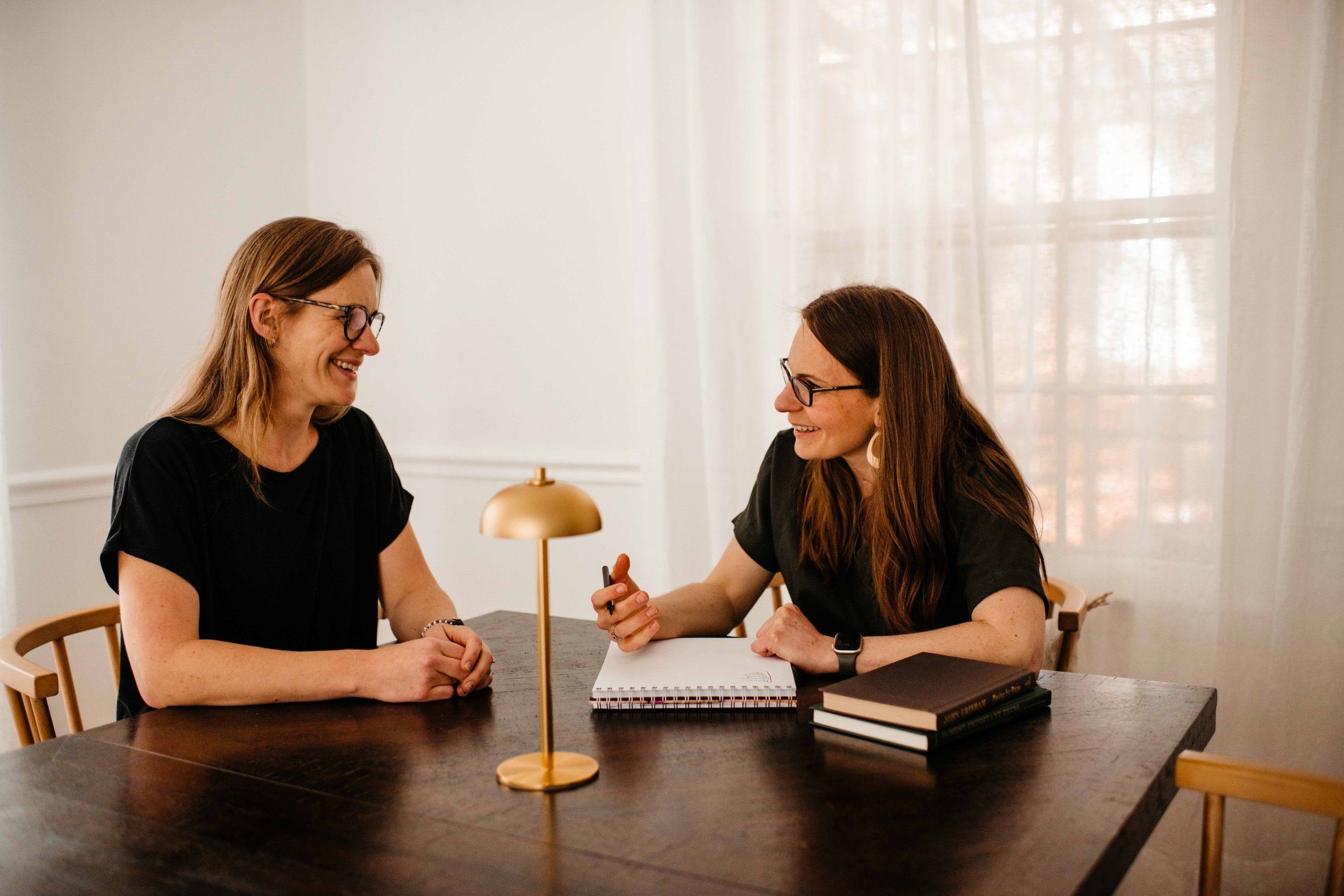
Frequently Asked Questions
-
We offer comprehensive cognitive rehabilitation services that include education and practical strategies to support effective rehabilitation after brain injuries. These strategies can also be applied in cognitive therapy for neurodivergent individuals and their care partners, helping them navigate the complexities of their unique challenges.
-
The ten principles of neuroplasticity, as outlined in a well known article by Kleim and Jones (2008), are central to our treatment approaches. These important guidelines include “Use it and Improve it”, “Specificity”, “Salience matters” and “generalization.”
Kleim, J. A., & Jones, T. A. (2008). Principles of experience-dependent neural plasticity: implications for rehabilitation after brain damage. Journal of Speech, Language, and Hearing Research : JSLHR, 51(1), S225–S239. https://doi.org/10.1044/1092-4388(2008/018) -
As one of the only known Speech-Language Pathologists, Certified Brain Injury Specialists, who is also a survivor of a moderate-severe traumatic brain injury, tSoundMind Insights founder Laura offers a uniquely valuable perspective. Her personal journey informs all her treatments and presentations, bringing a depth of empathy and insight gained from “sitting on the other side of the (speech therapy) table.”
-
Brain injury survivors and their care partners often feel isolated on the rehabilitation journey. As both a brain injury survivor and a specialist, Laura empathizes deeply with her clients and equips them with practical tips to navigate this challenging path. Clients can expect to feel more supported, empowered, and informed, gaining valuable strategies to enhance their recovery and overall quality of life.
-
While principles of neuroplasticity form the foundation of our strategies, their application is uniquely customized to meet the specific needs of each survivor and their care partner. We take into account the individual’s unique circumstances, strengths, and challenges to develop personalized approaches that maximize recovery and enhance quality of life.
-
I work with a diverse range of clients, from students and teachers to employees and CEOs. My Compensatory Strategy trainings are tailored to the unique needs of each individual. While I specialize in supporting brain injury survivors, the techniques I teach are applicable to a wide range of individuals across various ages and professions. This personalized approach ensures that each client can benefit from practical strategies to enhance their daily lives.
-
I encourage survivors to view "mistakes" as valuable opportunities to identify areas that need compensatory strategies. By following straightforward guidelines informed by principles of neuroplasticity, we tailor these strategies to the individual’s unique needs, providing personalized plans to help them achieve their goals.
-
My Compensatory Strategies workshops address common cognitive challenges, including remembering names, setting and maintaining goals, and utilizing internal and external memory strategies. Each session includes detailed instruction and practical exercises tailored to specific areas of need, ensuring participants gain hands-on experience with effective techniques.
-
Cognitive rehabilitation truly takes a village. Family members can play a crucial role in this journey by following my guidelines for supporting survivors. These guidelines are designed to cultivate successful independence and include practical strategies to reinforce daily routines, provide emotional support, and encourage consistent use of compensatory techniques. By actively participating and maintaining a positive, patient attitude, family members can significantly enhance their loved one's recovery and overall well-being.
-
The principles of neuroplasticity, which describe how the brain adapts after injury, have been explored since the 1960s and continue to evolve. Recent advancements, such as the updated INCOG guidelines and new research on brain stimulation techniques, inform our practice at SoundMind Insights. These advancements, as outlined in a study by Jeffrey A. Kleim and Theresa A. Jones in 2008, emphasize the importance of specificity and repetition in cognitive rehabilitation. This ensures that our treatments and educational approaches are based on the latest evidence and are tailored to meet the unique needs of each individual.
-
Vision casting is a crucial initial step. We start by identifying activities that could benefit from new strategies. We also consider whether care partners, including healthcare professionals and family members, are interested in personalizing principles of neuroplasticity to support the survivors under their care. The answers to these initial questions guide our therapy plans and serve as key measuring tools for determining success.
-
At this time, we do not accept insurance. However, we strive to make our services accessible and affordable. All requests for presentations, education, and collaboration opportunities are reasonably priced to ensure high-quality support without financial strain. For individual consultations, we offer a reduced price for clients who prepay for 6 sessions at a time. Instead of $120 per session, the price is reduced to $108 per session, which amounts to a 10% discount.

